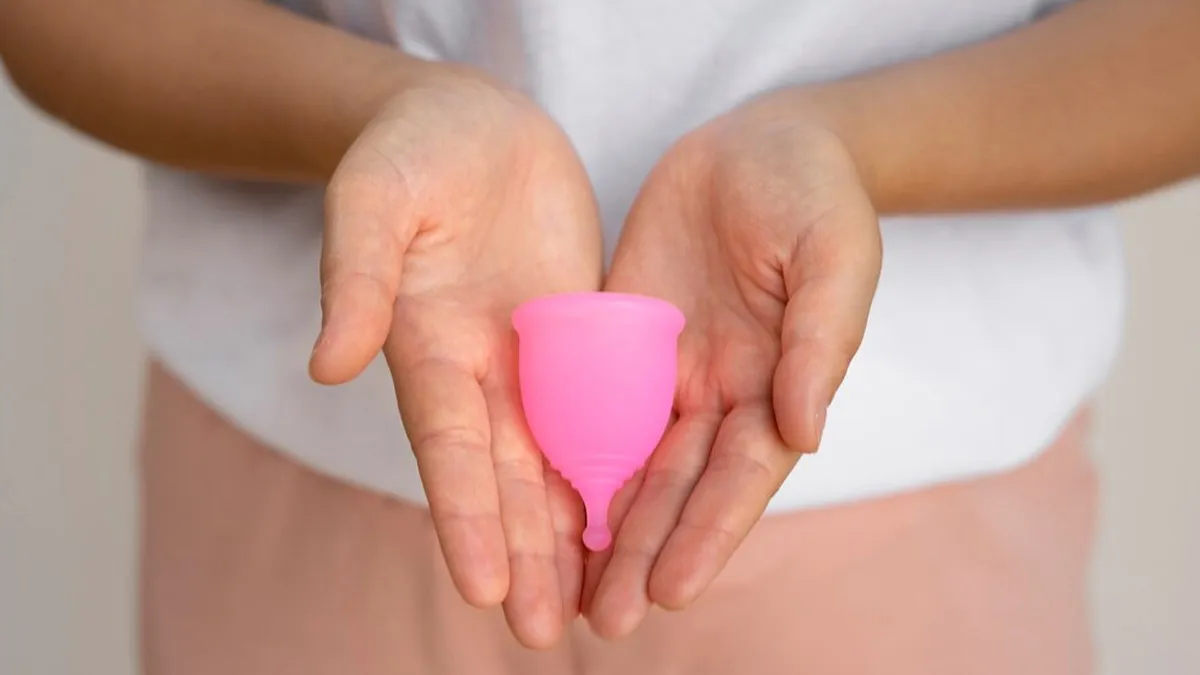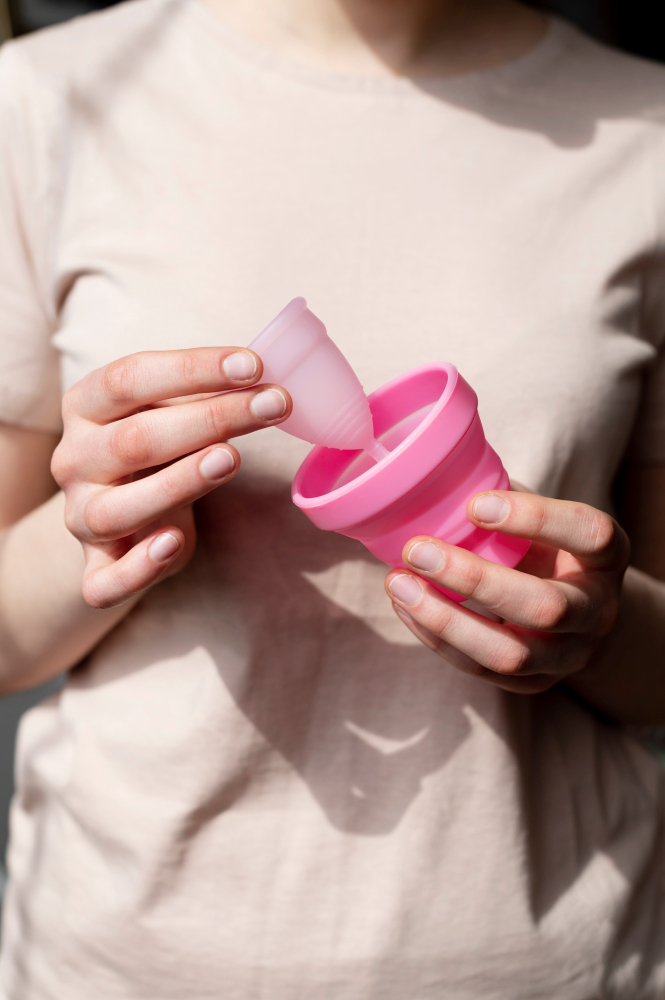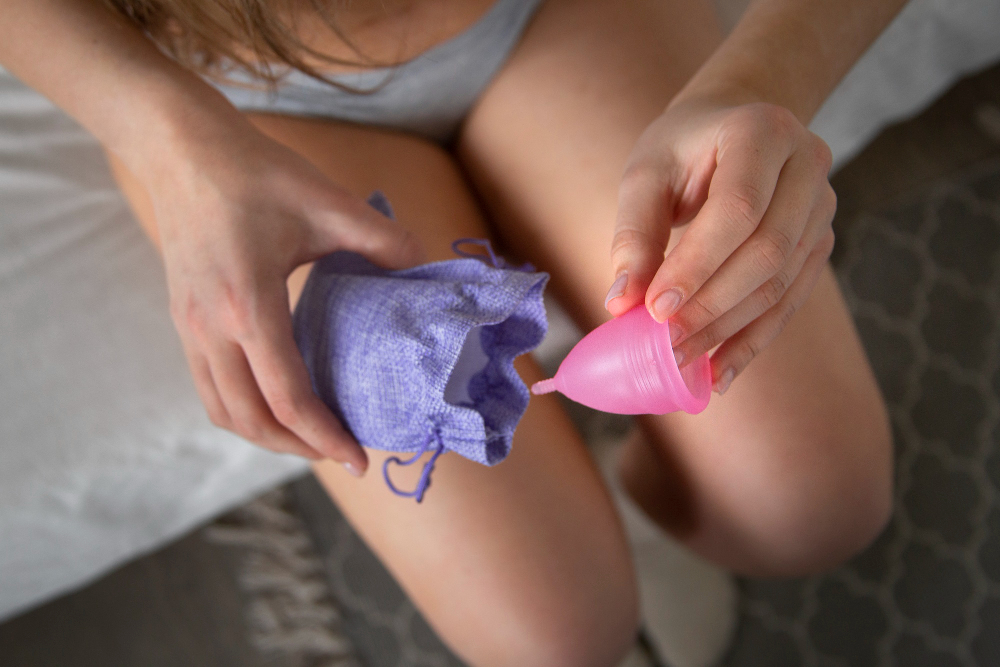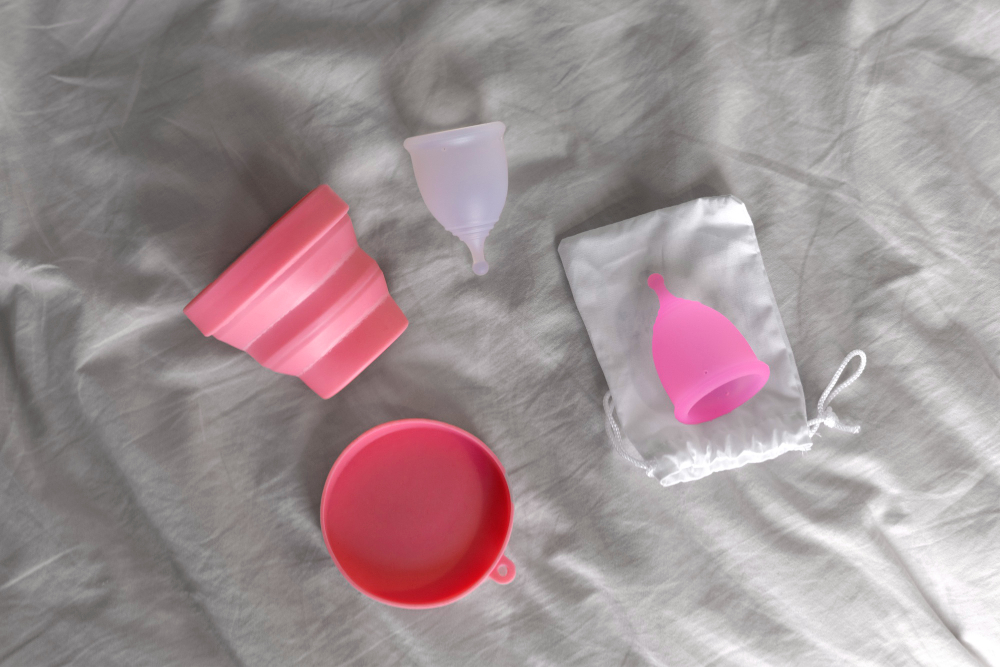
Menstrual cups have gained popularity as a sustainable and cost-effective alternative to pads and tampons. Made from medical-grade silicone, rubber, or elastomer, these cups collect menstrual fluid rather than absorbing it. While they offer several benefits, including reduced waste and long-term savings, improper use or lack of awareness can pose to potential health risks. Dr Mannan Gupta, Gynaecologist & IVF Expert, Elantis Healthcare, Lajpat Nagar, New Delhi shared the potential dangers of menstrual cups that women should be aware of.
Here are five dangers of menstrual cups that women should be aware of:
One of the most significant concerns highlighted by Dr Mannan is that menstrual cup usage increases the risk of infection. He explained that if the cup is not cleaned properly before insertion or after removal, bacteria can accumulate, increasing the chances of infections such as bacterial vaginosis or yeast infections. Additionally, using unclean hands while inserting or removing the cup can introduce harmful bacteria into the vagina. He advises always washing hands before handling the cup and sterilising it before and after each cycle.

Mannan highlighted that, though rare, toxic shock syndrome (TSS)—a life-threatening bacterial infection—can occur if a menstrual cup is left inside for too long. TSS is typically associated with tampons, but menstrual cups can also create a breeding ground for bacteria if not emptied and cleaned regularly. He recommends avoiding wearing a menstrual cup for longer than the recommended duration (usually 8-12 hours). If you experience symptoms such as fever, dizziness, or rash, seek immediate medical attention.
Dr Mannan said, some women may experience irritation or allergic reactions to menstrual cups, particularly if they are sensitive to silicone or rubber materials. Poorly fitted or low-quality cups can cause discomfort, dryness, or even micro-abrasions inside the vaginal walls, leading to irritation and infections. He advises choosing a high-quality, medical-grade silicone cup and ensuring it fits properly. If you experience persistent discomfort, it’s important to discontinue use and consult a gynaecologist.
Don't Miss: Menstrual Cups: Price, How To Use, Benefits Over Sanitary Napkins

According to Dr Mannan, beginners might find it challenging to insert or remove a menstrual cup. He highlighted that if the cup is not positioned correctly, it may cause leakage or create a strong suction effect, making removal difficult. Improper removal techniques can also put excessive pressure on the vaginal walls or cervix, leading to discomfort. Dr Mannan recommends practicing proper folding techniques for insertion and using a slow, gentle twisting motion to remove the cup. If removal becomes difficult, try squatting and relaxing your pelvic muscles.
Dr Mannan highlighted that repeated improper use of a menstrual cup, especially excessive suction or forceful removal, can contribute to pelvic organ prolapse (POP) over time. This occurs when the pelvic muscles weaken, causing organs like the bladder, uterus, or rectum to descend into the vaginal canal. Women with weak pelvic floor muscles or those who have given birth vaginally are at a higher risk. He recommends breaking the suction seal before removing the cup by gently pinching the base instead of pulling it out forcefully. If you have a history of pelvic floor issues, consult your doctor before using a menstrual cup.

Don't Miss: 5 Sanitary Products You Can Try Other Than Pads, Tampons & Menstrual Cups
Follow these tips to keep the potential dangers of using a menstrual cup at bay.
Image Courtesy: Freepik
Also watch this video
Herzindagi video
Our aim is to provide accurate, safe and expert verified information through our articles and social media handles. The remedies, advice and tips mentioned here are for general information only. Please consult your expert before trying any kind of health, beauty, life hacks or astrology related tips. For any feedback or complaint, contact us at [email protected].